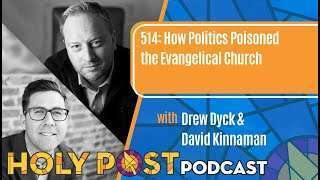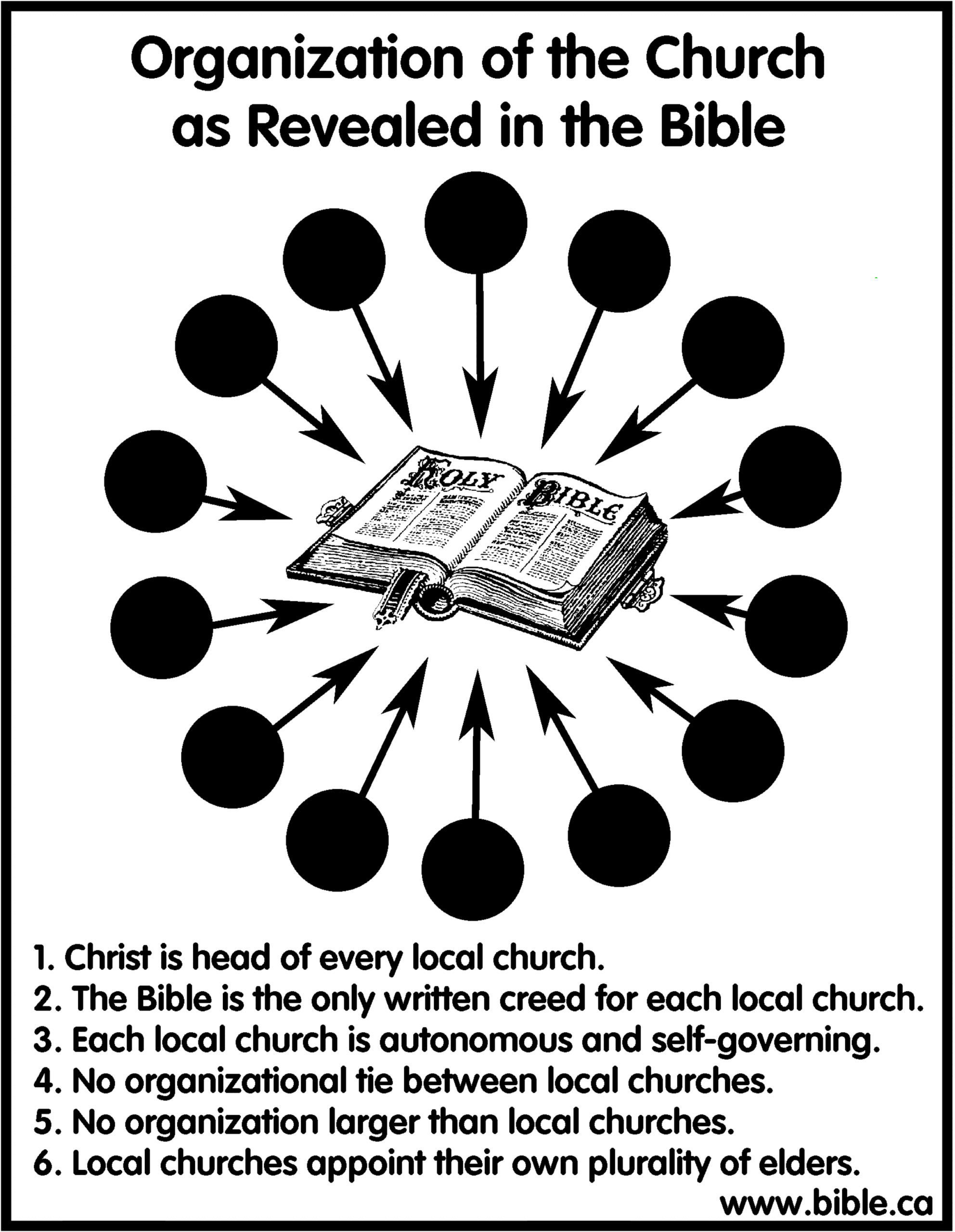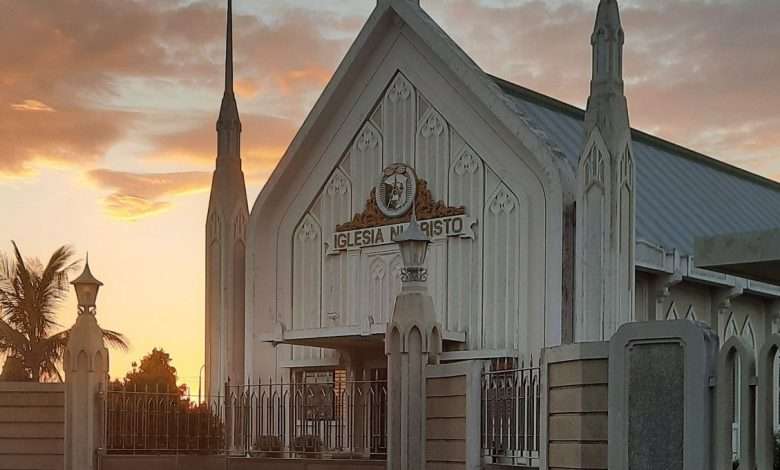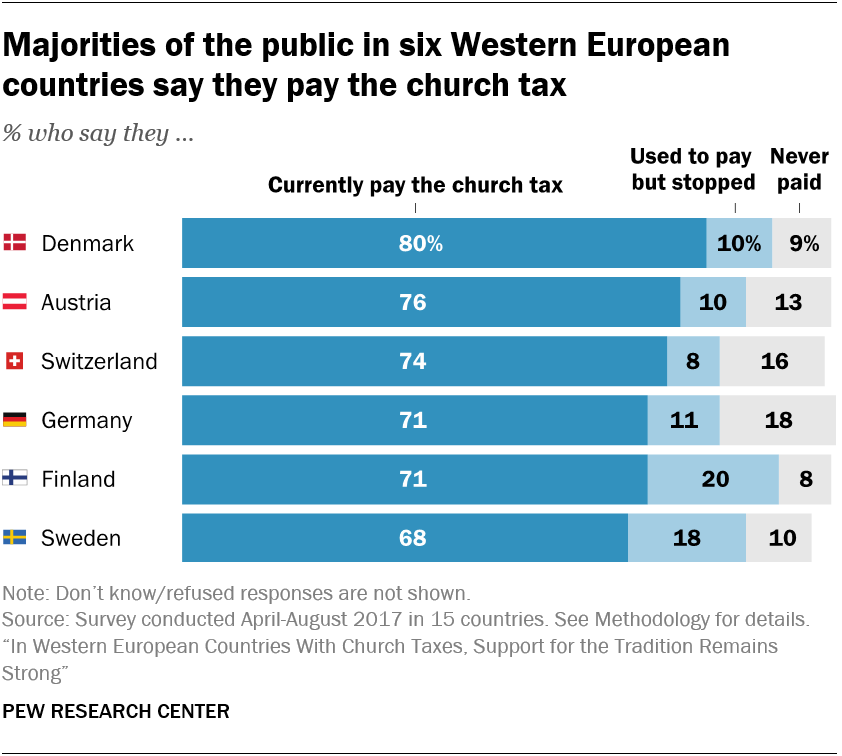Introduction
Politics is a dirty business. It’s full of backstabbing, self-promotion, and broken promises. And it’s no wonder that so many people despise it. But politics isn’t just the stuff we see on the nightly news. It’s also the way we operate in our everyday lives. Virtually everything we do involves politics in one way or another. And this includes the church. Unfortunately, politics has hijacked the church over the past few decades, turning it into a tool for political agendas rather than a place where people can come to find salvation. In this blog post, we will explore how politics has poisoned the church and what you can do to fight back against such damage. From activism to education, read on to learn how you can change the Church for the better.
How Politics Poisoned The Church
Politics have always played a significant role in the Church. From the very beginning, Christians have been divided into political factions, each vying for power and control. This division has weakened the Church and caused it to drift from its original purpose. Today, politics are even more damaging to the Church than ever before.
The Political Correctness Movement
One of the biggest problems with politics affecting the Church is the Political Correctness Movement. This movement started in the 1980s as a reaction to widespread discrimination and bigotry against minorities. However, it has degenerated into something far different. Today, people who adhere to Political Correctness are often intolerant of any differences whatsoever. They believe that every opinion must be treated equally, no matter how offensive or contrary it may be to prevailing opinions. This mindset has had a destructive effect on the Church.
Many believers have become afraid to express their views openly because they worry about repercussions. This has led to a decline in religious expression and an increase in apostasy among members of the Church. It has also created an environment where conservatives are persecuted while liberals are allowed to go unchallenged. This is wrong because there is no right or wrong opinion – only truth and falsehood. If we allow politics to dictate what is considered correct behavior within our Religion, we will eventually lose sight of what truly matters.”
The Persecution of Christians in America
Since the inception of the United States, there has been a history of persecution of Christians. This persecution has taken many different forms over the years, including legal discrimination and violence.
The roots of this persecution can be found in America’s politics. The country was founded on the principle that all men are created equal, but this principle was not always applied to Christians. For many years, Christians were discriminated against in both law and practice. They were not allowed to hold public office or vote, and they were often forced to pay taxes that supported non-Christian religious institutions.
In more recent years, there has been a dramatic increase in religious discrimination against Christians. In particular, there has been a rise in attacks on churches and Christian businesses by left-wing activists. These attacks often take the form of vandalism or even arson.
There is growing concern that this persecution is being driven by political agendas rather than any genuine concern for religious freedom. Many left-wing activists see Christianity as an oppressive force that needs to be eliminated from society. This sentiment is reflected in many of the attacks on Christian businesses and churches.
How Politics Poisoned The Church
Politics have always played a role in the Church. From the beginning, there has been a correlation between political power and ecclesiastical influence. For example, during the Roman Empire, it was common for Emperors to appoint bishops and other religious leaders. This connection between politics and the Church continued into the Middle Ages, when rulers used their power to manipulate the Church in order to further their own agendas.
During the Renaissance period (14th-16th centuries), princes began to gain more control over Church affairs. They often forced religious leaders to support their military campaigns or political agendas. As a result, many clergymen became corrupt and began to exploit their positions for financial gain. This trend continued into the 18th century, when rulers began to secularize education and government institutions in order to weaken traditional clerical power. In some cases, these efforts were successful, leading to an erosion of Church influence throughout Europe.
The 19th century saw an even greater decline in Church authority due to various political conflicts. For example, during the French Revolution (1789-1799), priests were persecuted because they opposed the new regime. In addition, during World War I (1914-1918), Catholic clergymen helped lead opposition movements against their governments. As a result of these events, many churches lost credibility among members of society and lost much of their importance within the overall structure of society
Conclusion
Politics have always had a negative effect on the body of Christ. Ever since the beginning of time, politicians have used religious institutions as platforms to push their agendas and gain favor with their constituents. In recent years, we’ve seen this trend increase exponentially, as politicians seek to manipulate churches in order to advance their own careers. The church must be careful not to succumb to political pressure, or else it will suffer irreparable damage.






